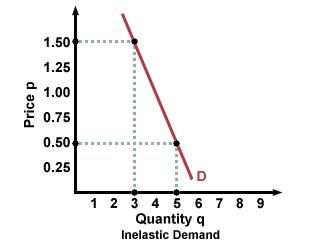Luke:
I feel that most or all of us that are itulip readers and contributors understand your viewpoints on Peak Oil. Your arguments have been discussed, ad nauseum. Every time you post something else about Peak Oil, it's the same argument, again and again. Sure, there might be slightly different data, but the debate is the same. While I appreciate your efforts and respect your opinion, what I would like to say to you is this:
"Okay, I understand you. No need to keep saying the same thing. Let's just let this play out, and see what happens."
At this point any further debate and/or argument is just a rehash of what has been said. So please, do not be offended when I put an emoticon of a smiley beating a dead horse, because that is what I feel you are doing at this point when the same exact argument is brought up again and again. Most of the time I just do the thing most people do when they feel they've read something before: ignore it. But I felt the need to put up this post because it was just on my mind, and I felt like I needed to say it. Please do not take this as a personal attack, as it is not meant as such, but rather an opine of what I see when I read any new discussions on the topic. I just feel there really isn't anything new to say, so why say it.
I feel that most or all of us that are itulip readers and contributors understand your viewpoints on Peak Oil. Your arguments have been discussed, ad nauseum. Every time you post something else about Peak Oil, it's the same argument, again and again. Sure, there might be slightly different data, but the debate is the same. While I appreciate your efforts and respect your opinion, what I would like to say to you is this:
"Okay, I understand you. No need to keep saying the same thing. Let's just let this play out, and see what happens."
At this point any further debate and/or argument is just a rehash of what has been said. So please, do not be offended when I put an emoticon of a smiley beating a dead horse, because that is what I feel you are doing at this point when the same exact argument is brought up again and again. Most of the time I just do the thing most people do when they feel they've read something before: ignore it. But I felt the need to put up this post because it was just on my mind, and I felt like I needed to say it. Please do not take this as a personal attack, as it is not meant as such, but rather an opine of what I see when I read any new discussions on the topic. I just feel there really isn't anything new to say, so why say it.
 :p
:p 


Comment